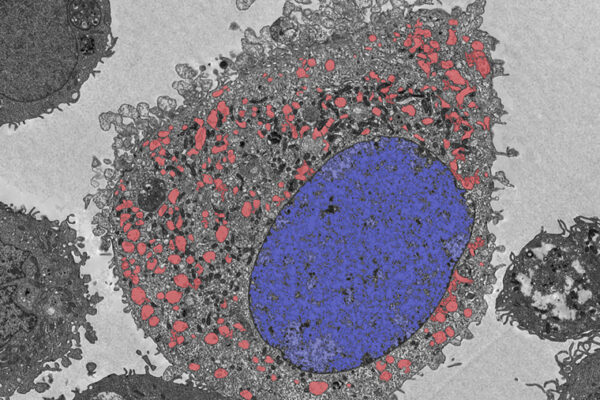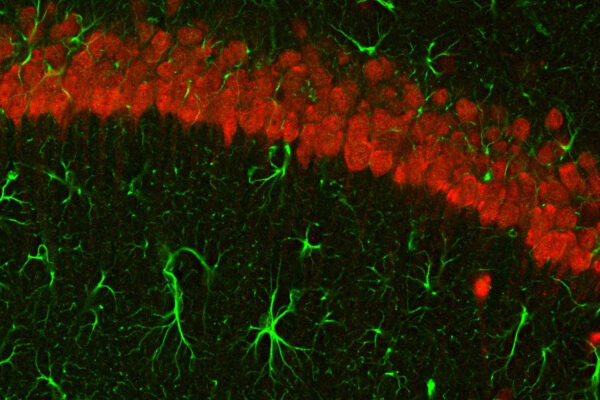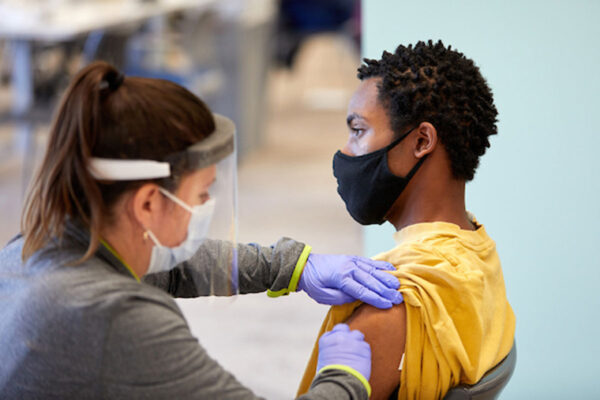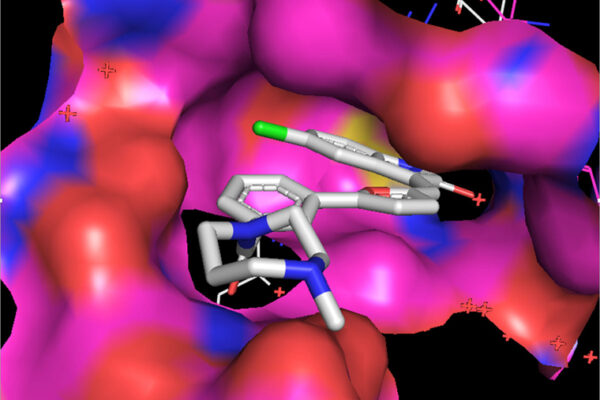New treatment target ID’d for radiation-resistant cervical cancer
Two new studies from Washington University School of Medicine have identified a previously unrecognized pathway of cell death — named lysoptosis — and demonstrate how it could lead to new therapies for cervical cancer.
Improving health of mothers, infants aim of imaging tech to monitor contractions
Researchers at Washington University School of Medicine have received three grants totaling more than $6.8 million to advance research on a novel imaging system to monitor uterine contractions. The electromyometrial imaging system, called EMMI, was invented and developed at Washington University.
Li receives Whitehall grant
The Whitehall Foundation has awarded a three-year $225,000 grant to Tristan Qingyun Li, assistant professor at the School of Medicine, to investigate the function of microglia, immune cells that reside in the brain and perform myriad critical functions.
Four neuroscience faculty members receive R01 grants
Four faculty members in the Department of Neuroscience at the School of Medicine — Yao Chen, Thomas Papouin, Jason Yi and Guoyan Zhao — have been awarded their first R01 grants through the National Institutes of Health (NIH).
Yi appointed to Angelman Syndrome Foundation scientific advisory board
Jason Yi, assistant professor of neuroscience at the School of Medicine, has joined the scientific advisory board of the Angelman Syndrome Foundation.
Rustenhoven named finalist for neurobiological research award
Justin Rustenhoven, a postdoctoral researcher at Washington University School of Medicine, has been named a finalist for the Eppendorf & Science Prize for Neurobiology.
Goodhill awarded grant to advance brain imaging
Geoffrey Goodhill, professor of developmental biology and neuroscience at the School of Medicine, has received a two-year $675,000 National Institutes of Health (NIH) grant to enhance the capabilities of light field microscopy for brain imaging.
What makes an mRNA vaccine so effective against severe COVID-19?
A new study by researchers at Washington University School of Medicine and St. Jude Children’s Research Hospital helps explain why mRNA vaccines have been so successful at preventing severe disease.
Grants fund drug development for devastating tropical diseases
Researchers at Washington University School of Medicine are working to develop new treatments for two types of devastating parasitic infections common in sub-Saharan Africa and Central and South America: river blindness and intestinal worm infections.
$11.5 million commitment supports new Alzheimer’s prevention clinical trial
Longtime St. Louis benefactor Joanne Knight has committed up to $11.5 million to Washington University School of Medicine in St. Louis to support an innovative clinical trial aimed at preventing Alzheimer’s disease by treating people before the first signs of the illness appear in the brain.
View More Stories








